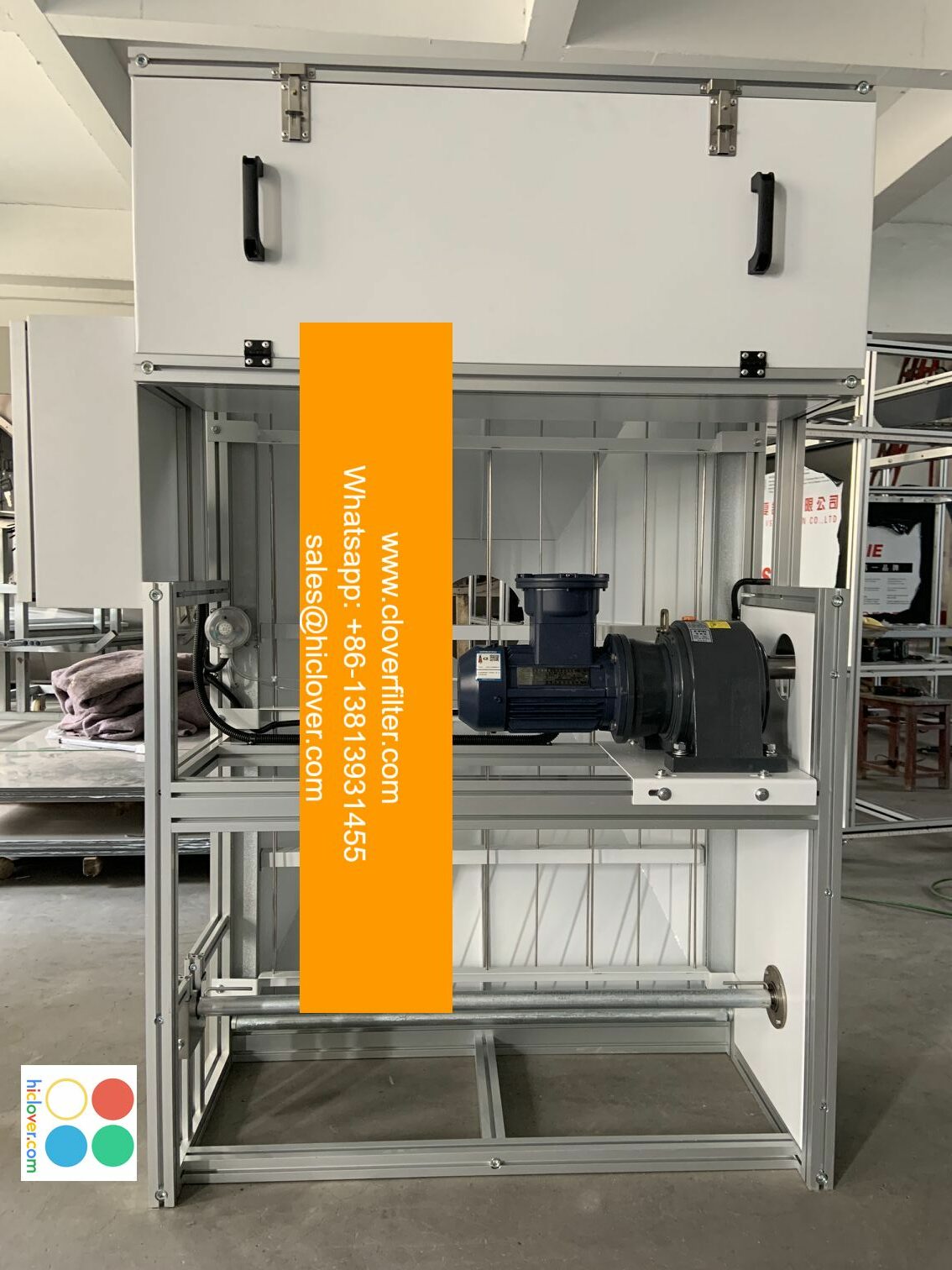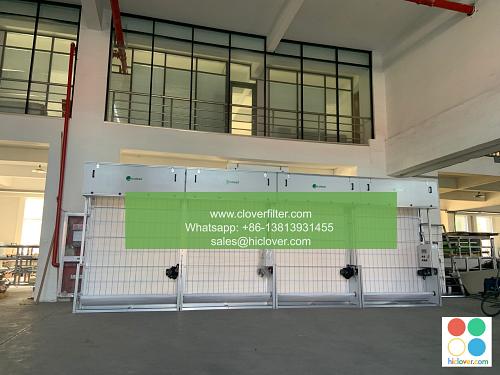Air Filter Product Review: A Look at Certification and Performance

As the world becomes increasingly aware of the importance of indoor air quality and air purification systems, the demand for high-quality air filters has never been higher. With so many products on the market, it can be difficult to determine which ones are truly effective and which ones are just making empty claims. In this article, we’ll take a closer look at air filter certification and performance, highlighting various application areas and key considerations for consumers.
Certification: A Stamp of Approval
When it comes to air filter certification, there are several organizations that provide a stamp of approval for products that meet certain standards. Some of the most well-known certification bodies include:
* ASHRAE (American Society of Heating, Refrigerating, and Air-Conditioning Engineers)
* ISO (International Organization for Standardization)
* UL (Underwriters Laboratories)
* ENERGY STAR
These organizations test air filters for their ability to capture particulate matter, gases, and odors, as well as their energy efficiency and durability. Look for products that have been certified by one or more of these organizations to ensure that you’re getting a high-quality air filter.
Performance: The Numbers Don’t Lie
When evaluating the performance of an air filter, there are several key metrics to consider:
* MERV rating (Minimum Efficiency Reporting Value): This measures a filter’s ability to capture particulate matter of different sizes.
* CFM (Cubic Feet per Minute): This measures the amount of airflow that a filter can handle.
* Pressure drop: This measures the amount of resistance that a filter creates in an HVAC system.
Look for products with high MERV ratings, high CFM rates, and low pressure drop values to ensure that you’re getting an air filter that will provide effective air purification and indoor air quality improvement.
Application Areas: Where Air Filters Shine
Air filters can be used in a variety of application areas, including:
* Residential HVAC systems
* Commercial HVAC systems
* Industrial air purification systems
* Portable air purifiers
* Vehicle air filtration systems
Each of these application areas requires a unique set of features and considerations, such as size, shape, material, and filtration level. When selecting an air filter, make sure to consider the specific needs of your application area.
Conclusion: Breathe Easy with the Right Air Filter
In conclusion, when it comes to air filter product review, certification and performance are key considerations. By looking for products that have been certified by reputable organizations and evaluating their performance based on metrics like MERV rating, CFM, and pressure drop, you can ensure that you’re getting an air filter that will provide effective air purification and indoor air quality improvement. Whether you’re looking for a residential air filter, commercial air filter, or industrial air filter, there’s a product out there that can meet your needs. So breathe easy, and take the first step towards improving your indoor air quality today! You haven’t asked a question or provided any context. What would you like to talk about or ask? I’ll do my best to provide a helpful and direct response.

